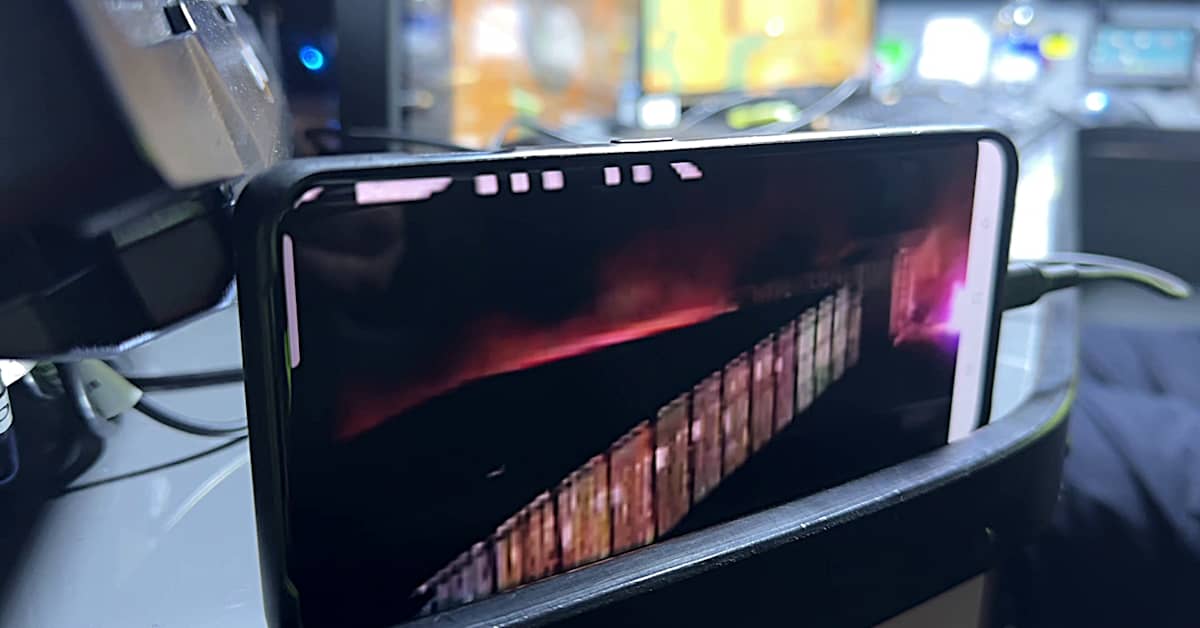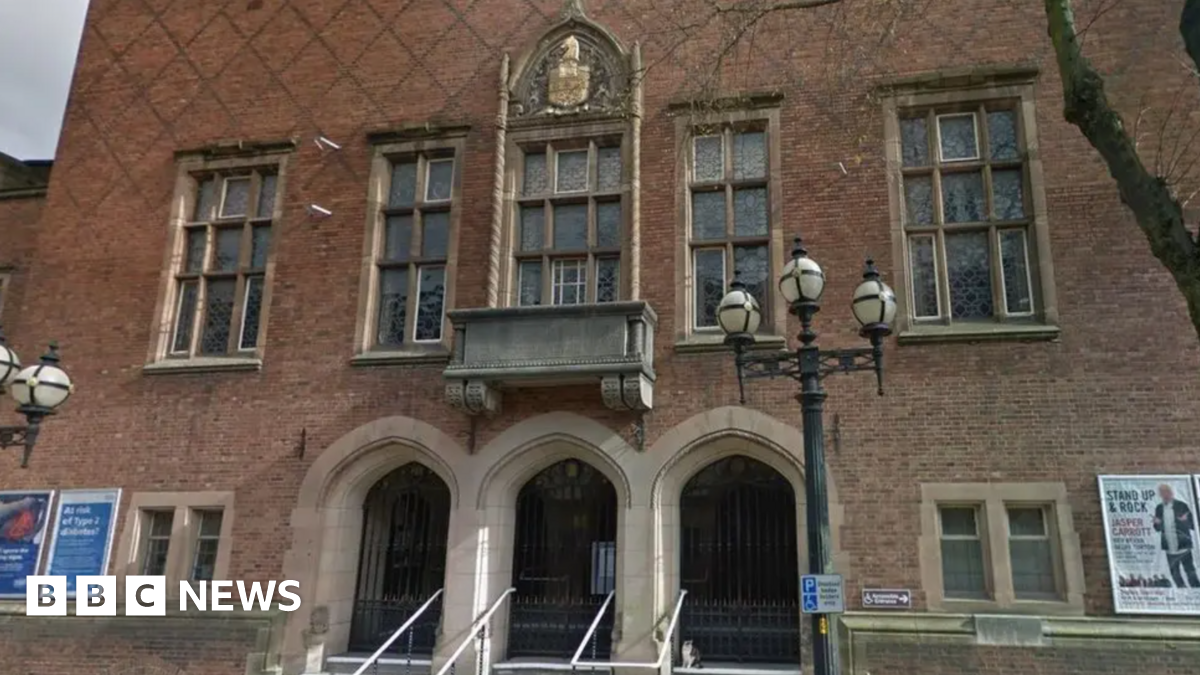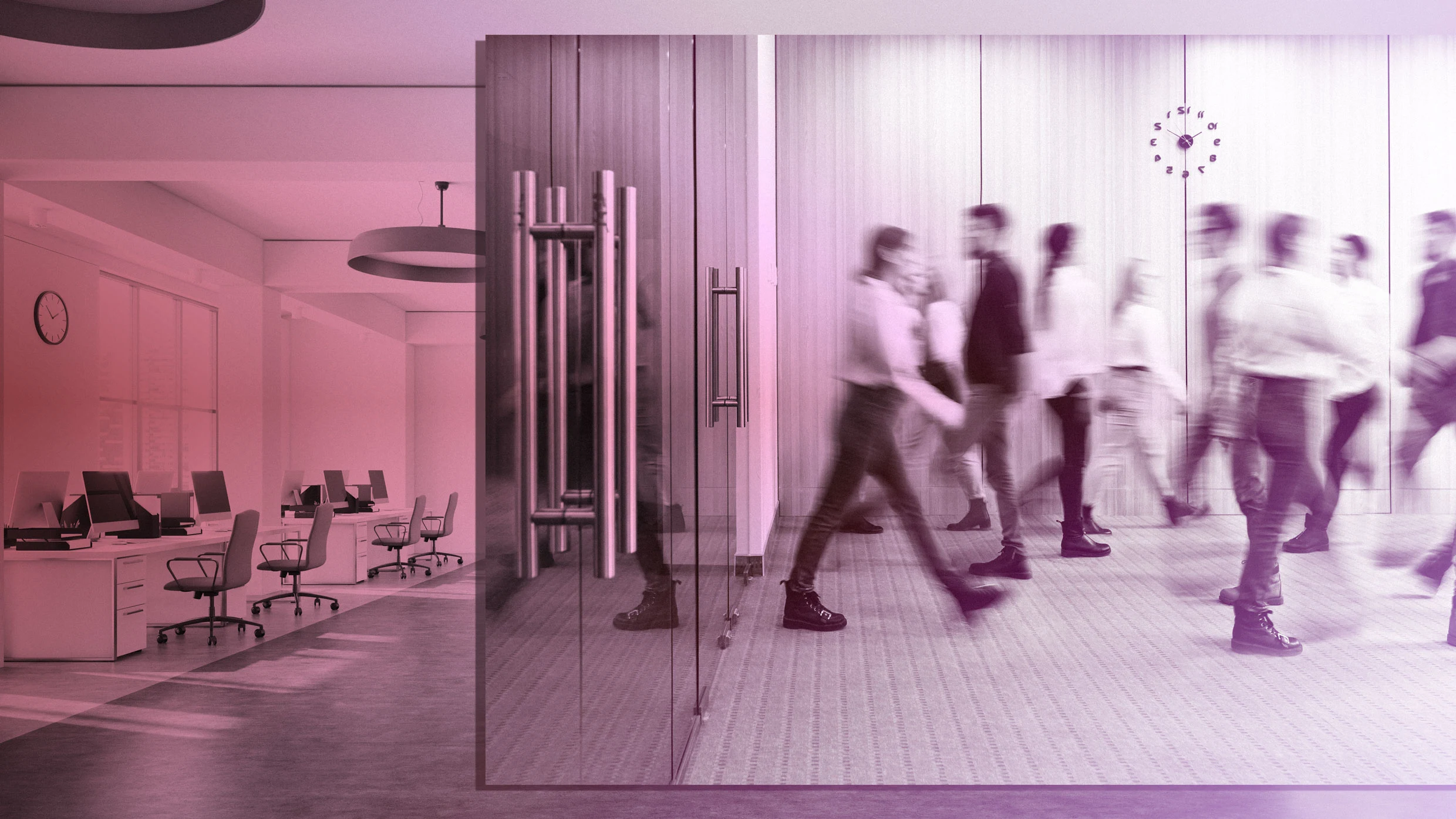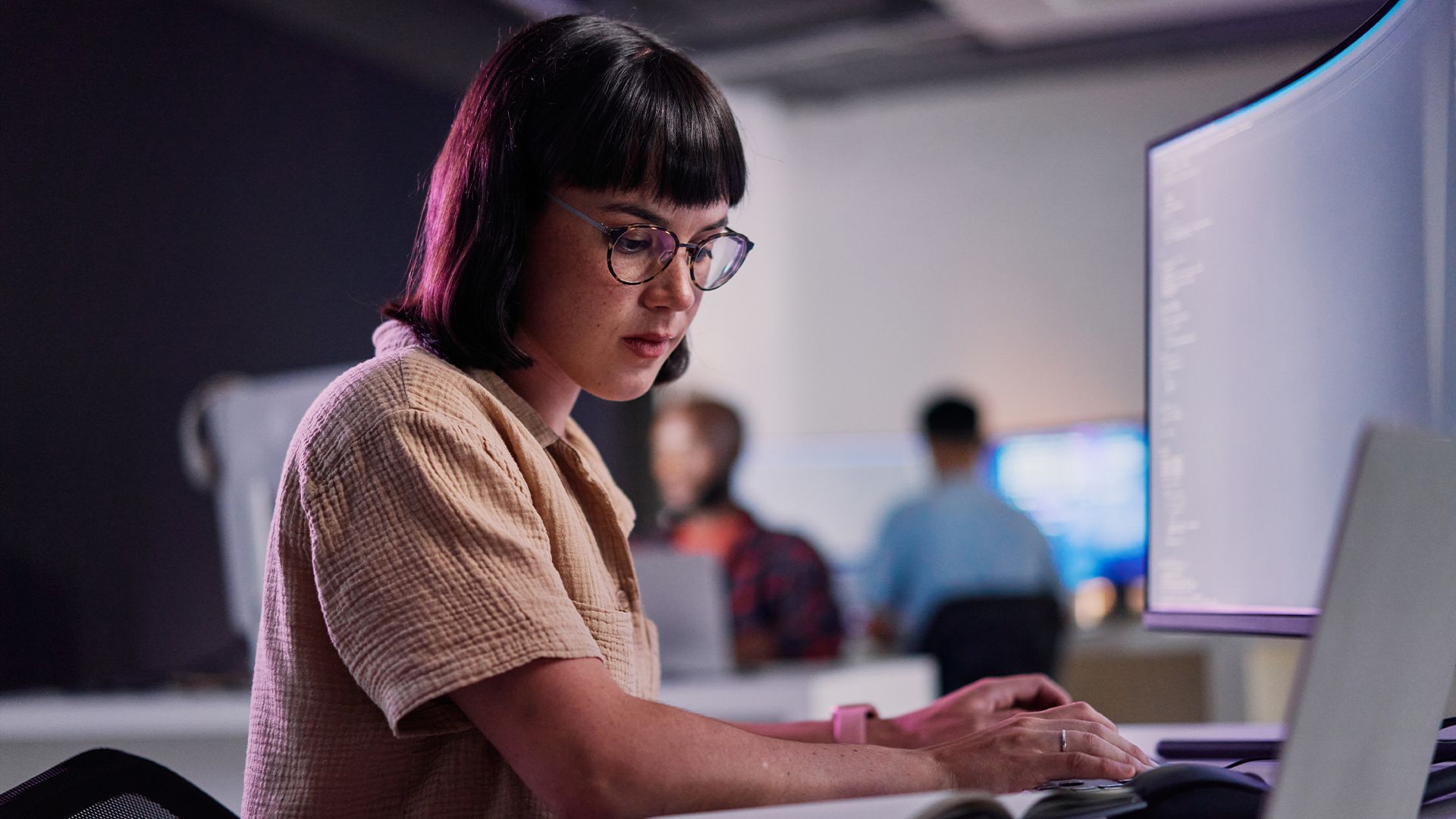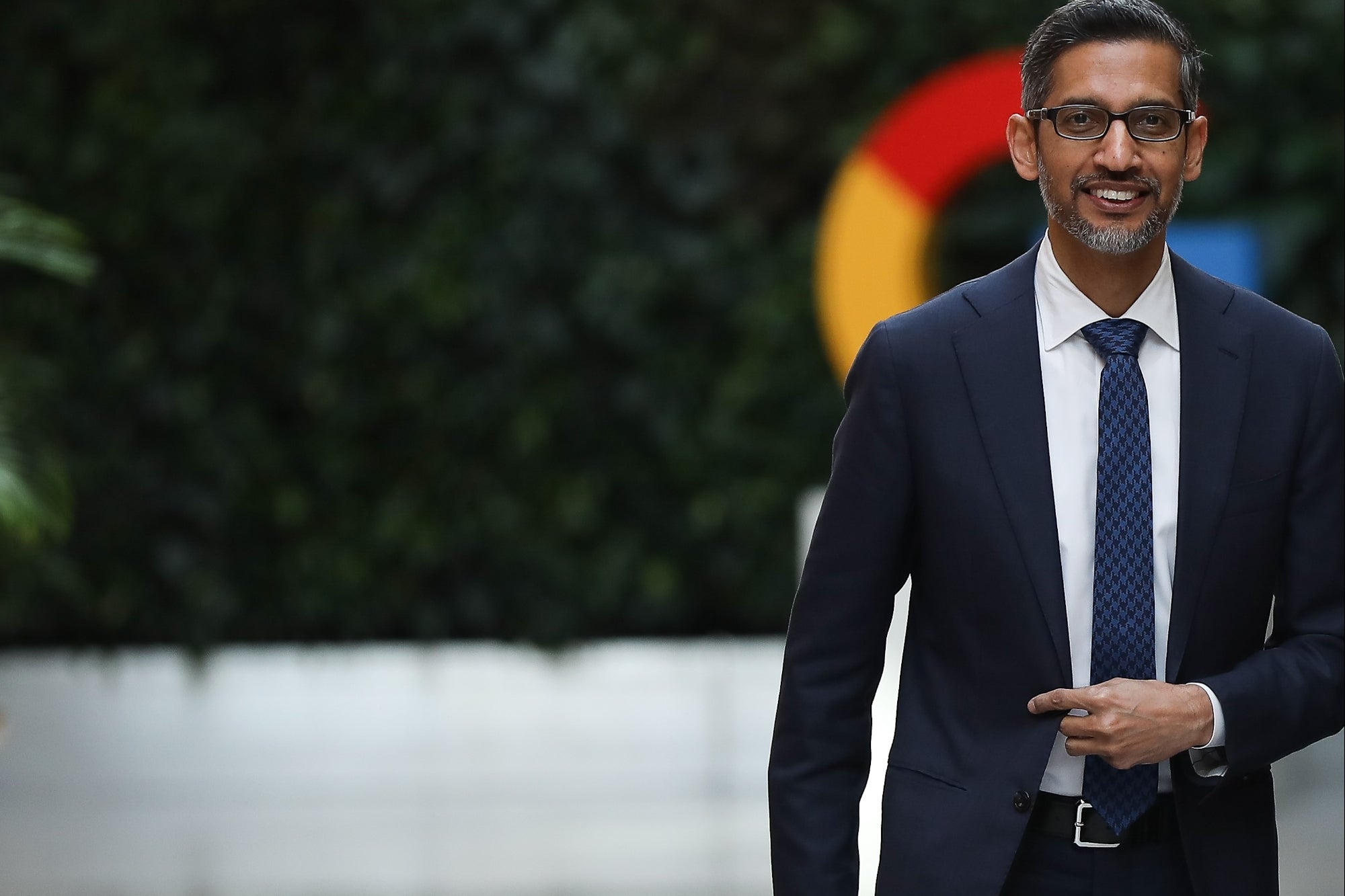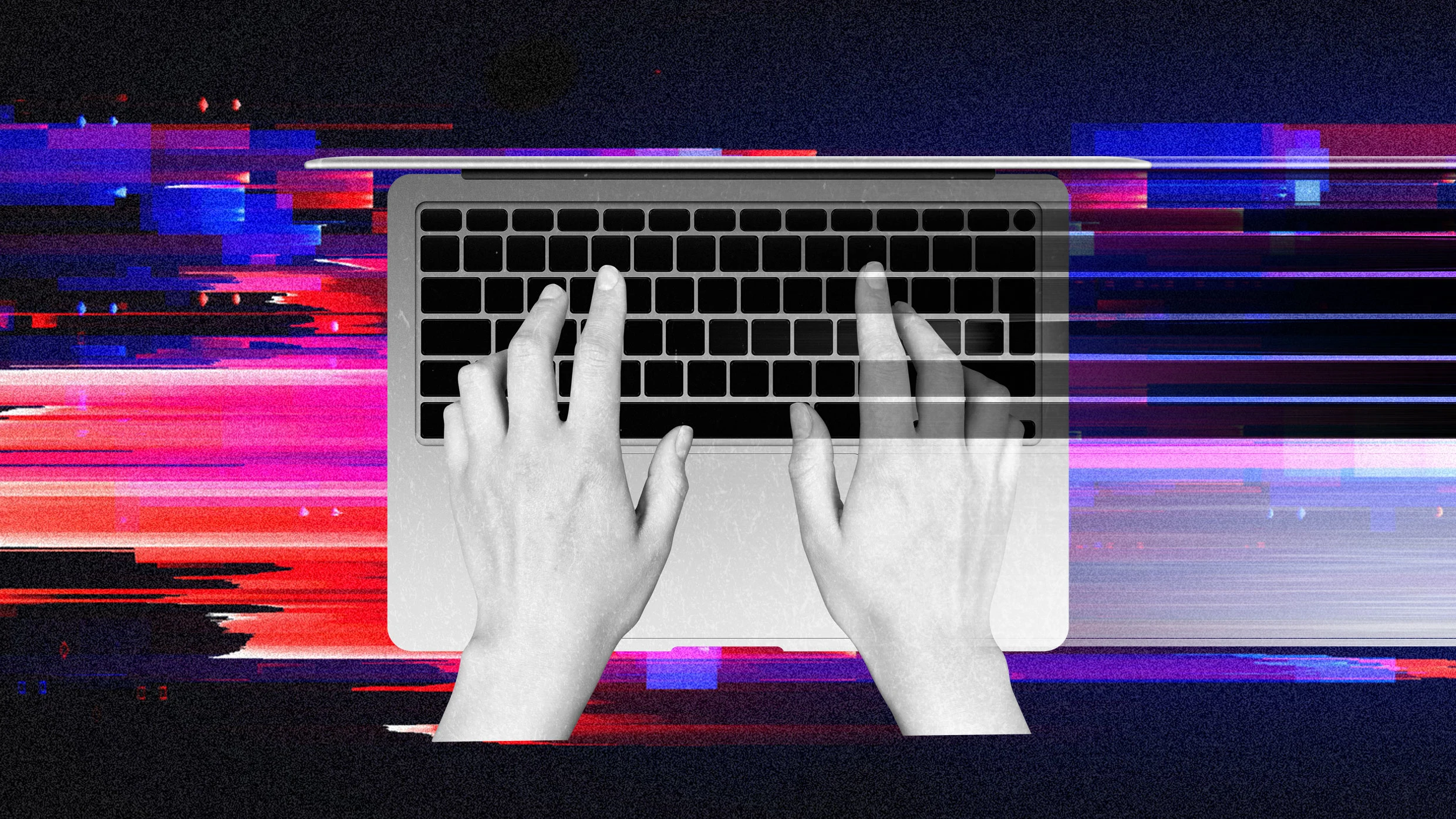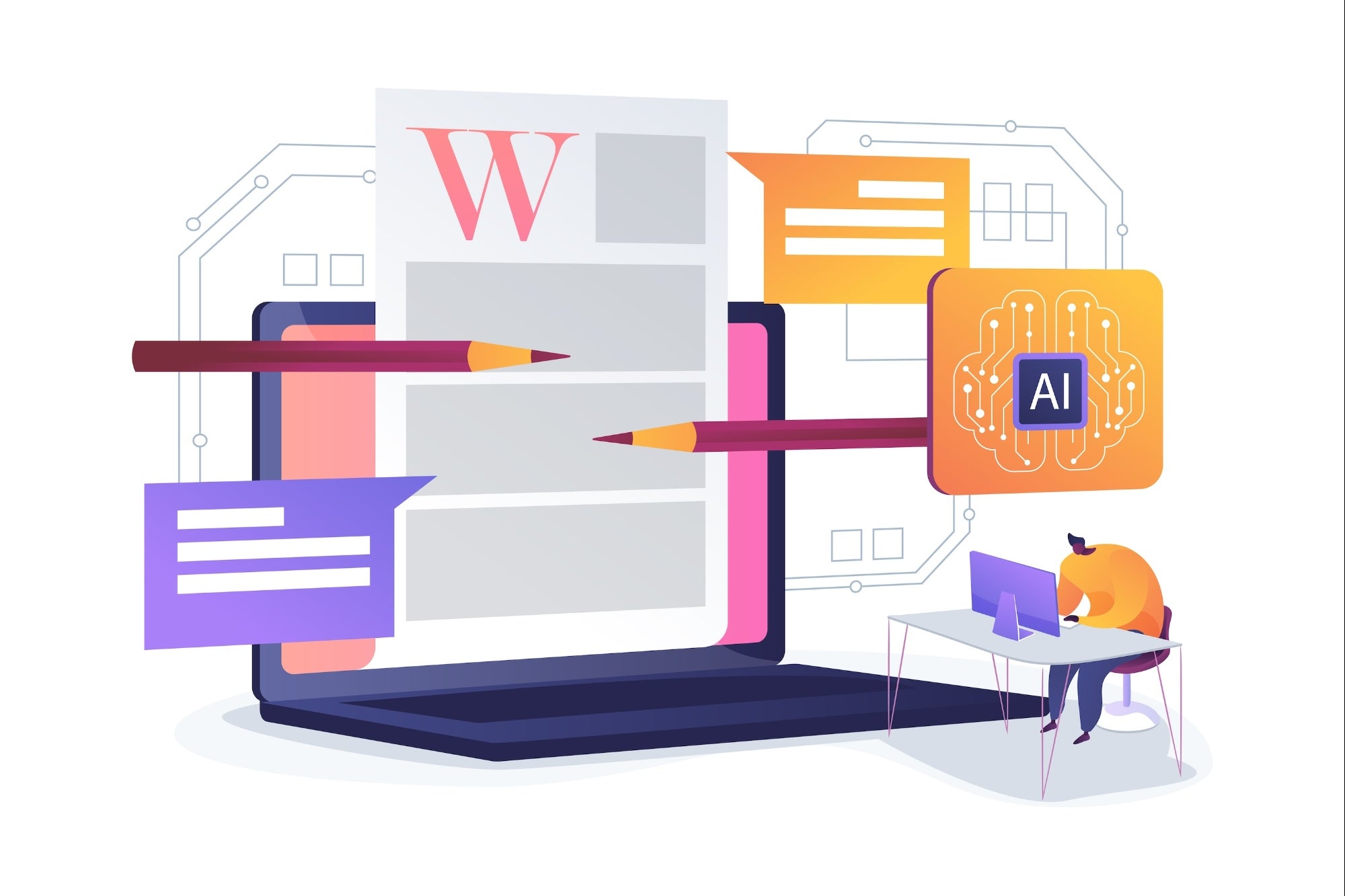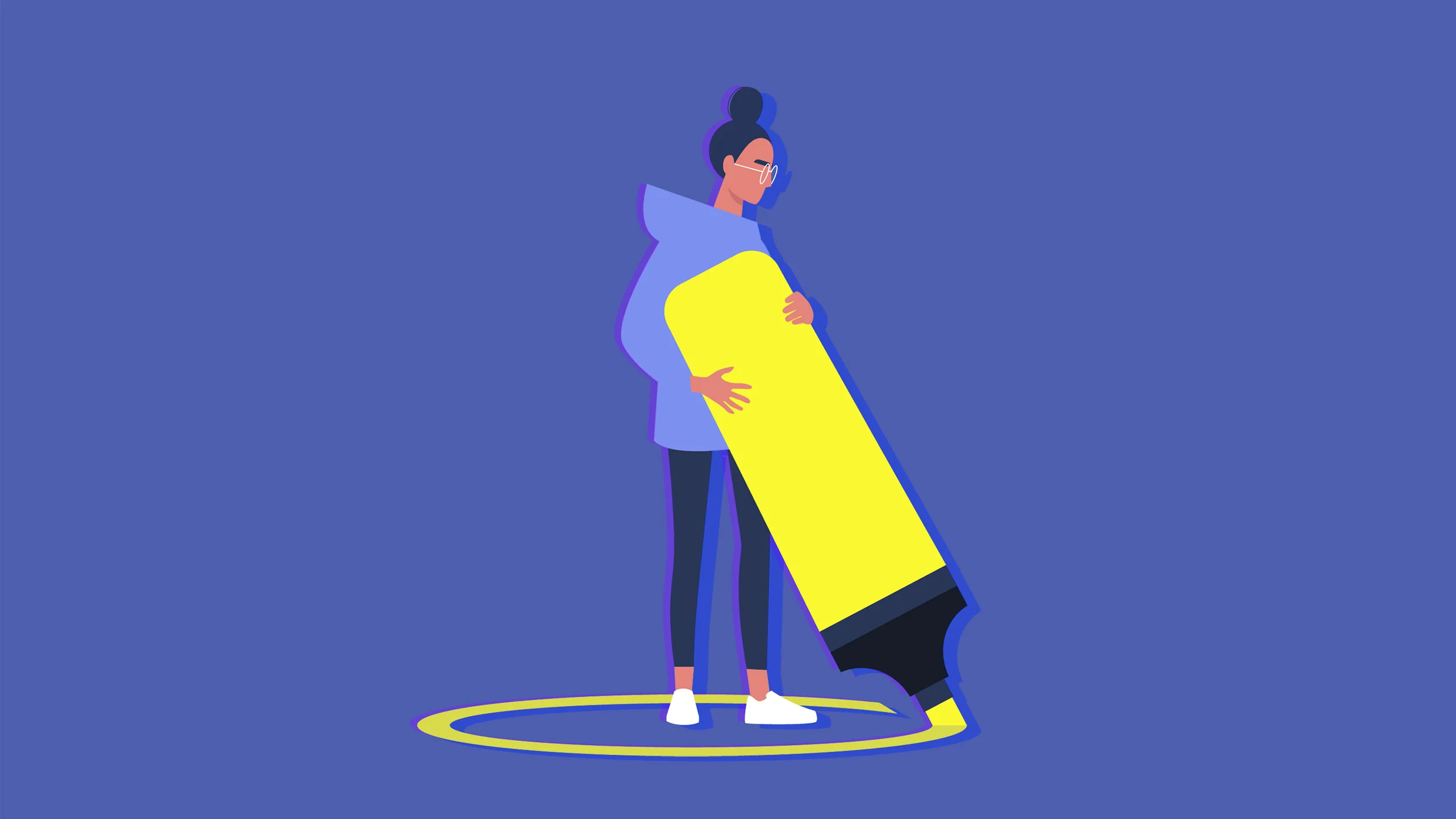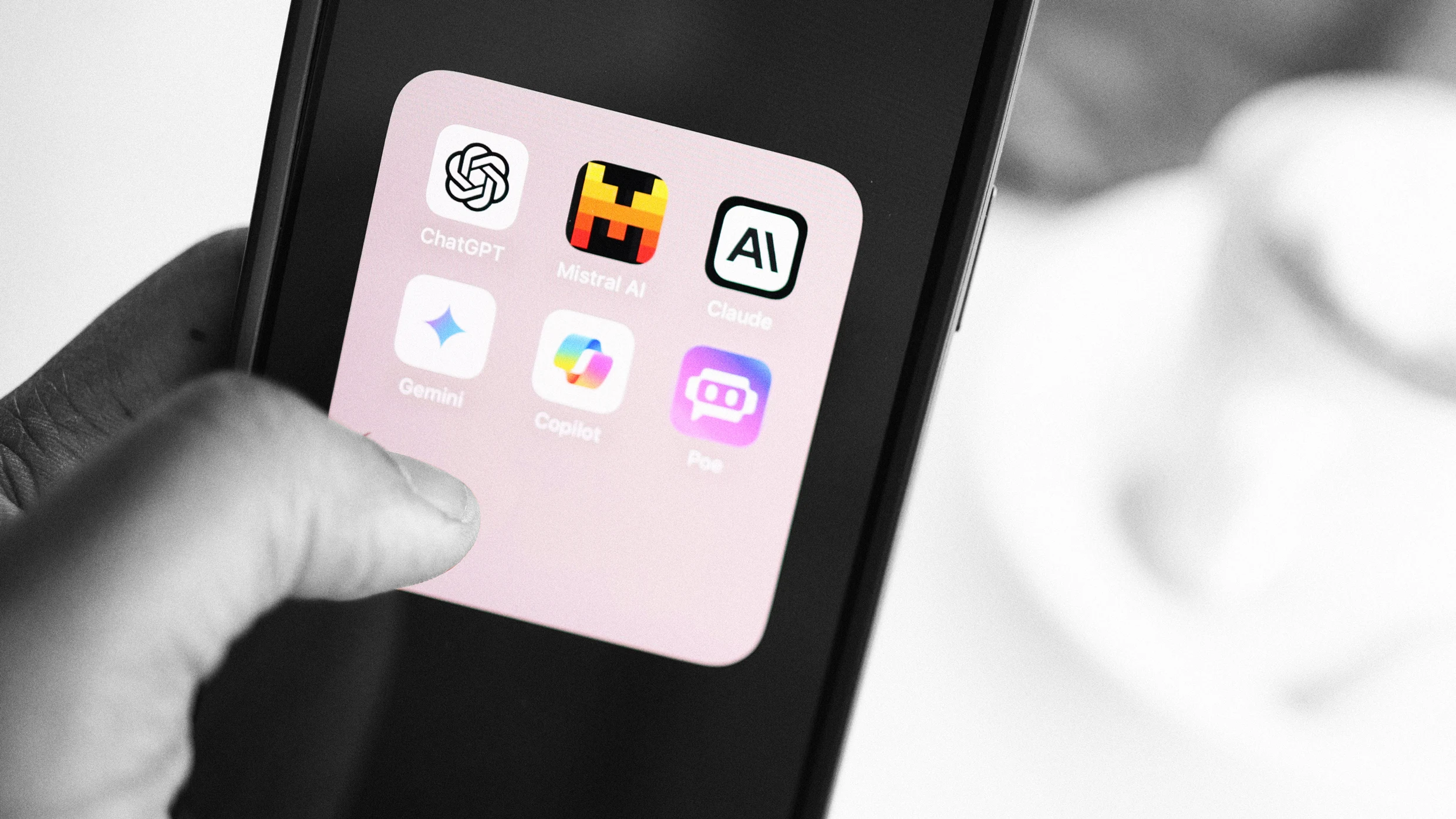#workplace-productivity
#workplace-productivity
[ follow ]
#employee-engagement #remote-work #mental-health #workslop #ai-adoption #ai-generated-content #leadership
fromYanko Design - Modern Industrial Design News
1 week agonubo Smart Office Robot Streamlines Printing and Document Delivery - Yanko Design
The nubo office robot concept reimagines the workplace with a friendly autonomous bot that handles repetitive tasks so employees can focus on creative and strategic thinking. With its approachable design, intuitive touchscreen interface, and ability to navigate office environments independently, nubo promises to make workplace efficiency feel natural and effortless for everyone. Designer: Junhyuk Lim Nubo's compact, soft-edged form is designed specifically to blend into modern office environments without feeling cold, industrial, or intimidating to staff members.
Gadgets
fromFortune
5 days agoGen Zers are using AI to skip meetings, get promoted faster and win bigger salary hikes. But they don't feel great about it | Fortune
Gen Z is quietly rewriting the rules at work by letting AI take their meetings. An October study from Software Finder, a software discovery platform and database, found that three in ten survey respondents admitted to skipping a meeting, banking on AI to "have their back" by taking notes. The survey also found that 19% of full-time worker respondents use AI tools to automatically generate meeting notes. The strategy is paying off for some: According to the research, employees that use AI regularly to take meeting notes were 28% more likely to be promoted, compared to 15% otherwise, and earned nearly $20,000 more annually.
Artificial intelligence
fromwww.theguardian.com
1 week agoBusiness and charity leaders urge ministers to lead England's transition to four-day week
As business leaders, trade union leaders and advocates who have witnessed the successful transition to a four-day working week (with no loss of pay) in many contexts, we can say with confidence that it is not just an idea for the future it is already delivering results today, the letter states. From different sectors and company sizes, we have all witnessed the same outcome: shorter working weeks are not only viable, but transformative.
UK politics
fromInc
2 weeks agoHow to Protect Your Company From the Worst Effects of Social Media
For years, public handwringing about the impact of social media on the minds and lives countless millions of teen users has dominated conversations about this increasingly prominent communications medium. Plenty of research suggests it can do real damage, and sites like Instagram have been forced to take steps that try to limit the harm the apps do. But it's not just teens using social media, and a new report explores its use at work and its impact on the productivity.
Business
fromFortune
3 weeks agoYour new teammate is a machine. Are you ready? | Fortune
Companies across various industries are investing heavily in AI to enhance employee productivity. A leader at the consulting firm McKinsey says he envisions an AI agent for every human employee. Soon, a factory manager will oversee a production line where human workers and intelligent robots seamlessly develop new products. A financial analyst will partner with an AI data analyst to uncover market trends. A surgeon will guide a robotic system with microscopic precision, while an AI teammate monitors the operation for potential complications.
Artificial intelligence
Artificial intelligence
fromFast Company
2 months agoEmployees are bringing their own AI tools to work and companies are scrambling to catch up
Employees widely adopt personal AI tools at work (BYOAI), boosting productivity but creating unvetted security, privacy, and compliance risks for organizations.
fromFast Company
2 months agoWhy your best ideas come when you stop trying so hard
In a world obsessed with productivity hacks and optimization strategies, I propose we try something radical: What if the secret to peak performance isn't doing more, but doing differently? What if our industrial-era approach to productivity is not just outdated-but it's actively sabotaging our best work? We tend to think about productivity as time-something that can be constructed and divided up into neat segments. But this view of productivity has serious limitations, especially in a knowledge economy dependent on imagination and creativity.
Wellness
fromIT Pro
2 months ago'Always on' culture is harming productivity, so workers are demanding 'digital silence' to get on with tasks
Workers are becoming increasingly overwhelmed by the "always on" culture at their jobs, and are calling for formal periods of "digital silence". That's according to research from Twilio, which found staff are pushing employers to allocate periods free from notifications and emails. The study, based on a survey of more than 1,200 UK-based workers, found nearly half (47%) are prioritizing protected times in their daily workflow that are free from distractions, email chains, and calls.
Digital life
fromuxdesign.cc
2 months agoThe creator and the machine, body as the UI, measuring employee value
Disruption seems to be the norm for design, especially when it comes to the techniques and tools we employ in our craft. In 2025, the field faces yet another shift. Technical optimism seems to have lost unanimity, and creative professionals are trying to understand their place in a future of economic uncertainty, in which AI seems capable of delivering aesthetic quality with unmatched speed.
UX design
UK news
fromLondon Business News | Londonlovesbusiness.com
3 months agoLong-term sickness costing UK businesses nearly 21k per employee - London Business News | Londonlovesbusiness.com
UK businesses face financial strain from employee sickness absence, costing an average of £20,735 per employee for long-term sickness.
NYC startup
fromFortune
4 months agoIt's not just Gen Z who are wearing uniforms-the boss of this $450 million AI startup says he lives by his 'tech uniform' of a hoodie and jeans
David Shim's Read AI offers AI assistants to improve workplace efficiency and reduce meeting engagement issues for executives.
Remote teams
fromFast Company
5 months agoHow to get your stressed-out team past the 'frustration threshold'
Workplace burnout affects teams' ability to deliver services due to bureaucracy and inefficiencies.
Employees waste significant time on bureaucratic processes, leading to frustration and decreased productivity.
fromHackernoon
1 year agoMeet YellowLyfe HQ, Sufle, and Green Cross United Kingdom: HackerNoon Startups of The Week | HackerNoon
YellowLyfe is revolutionizing workplace dynamics by curating engaging experiences that facilitate team bonding and enhance productivity, making it a standout in the Entertainment sector.
NYC startup
Wellness
fromHackernoon
1 year agoBoost Team Wellness With UzairaAdvisory and Save 10% on All Our Business, Marketing & Tech Services | HackerNoon
Shift from crisis management to proactive prevention for workforce well-being.
UzairaAdvisoryâs Preventive Healthcare Seminar offers interactive, engaging wellness solutions.
Mental health
fromPsychology Today
6 months agoThe Great Exhaustion: Financial Anxiety in Uncertain Times
Financial stress is widespread, affecting mental health and workplace productivity.
Chronic stress, often termed The Great Exhaustion, is prevalent due to economic uncertainties.
Recognizing symptoms of financial burnout is essential for personal and professional well-being.
Mental health
fromHarvard Business Review
6 months agoMaking Mental Health Programs Work at Multinational Companies
Mental health challenges at work lead to significant global productivity losses.
A high percentage of employees in Asia report mental strain.
UK businesses face billions in losses due to poor mental health.
fromHarvard Business Review
6 months agoAI Can Help Knowledge Workers Fix These Five Frustrations - SPONSOR CONTENT FROM ATLASSIAN
"Collaborative AI is reshaping how knowledge workers do their jobs, tackling drudgery and simplifying complexities to let teams focus on innovation and growth."
Artificial intelligence
fromAbove the Law
6 months agoBringing New Meaning To 'Solo Practitioner,' Attorney Warned After Streaming 60+ Hours Of Porn At Work - Above the Law
This supposed lawyer's ability to churn out 64.56 hours of personal research raises eyebrows about whether he is genuinely engaging in billable legal work.
Privacy professionals
[ Load more ]
